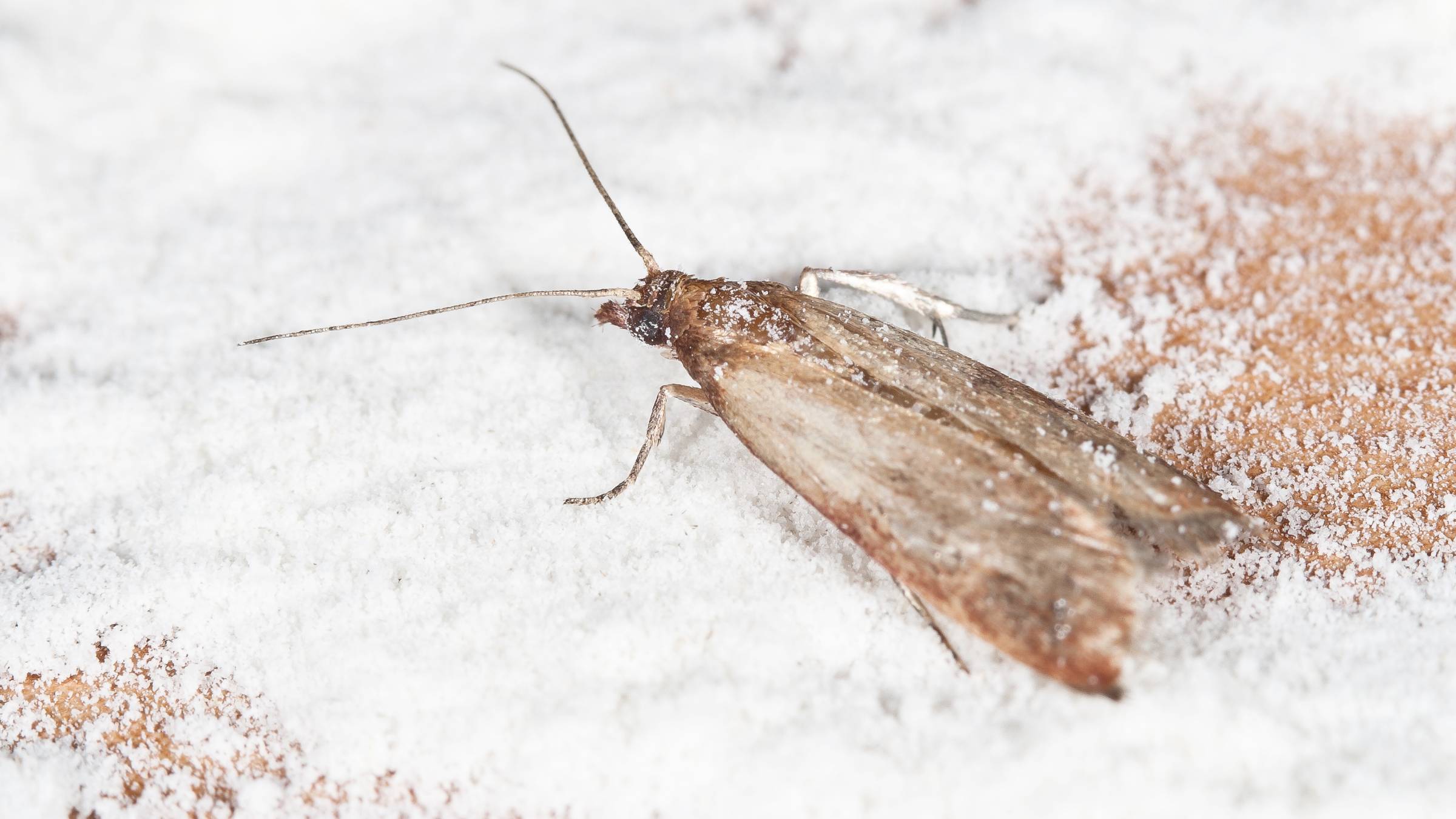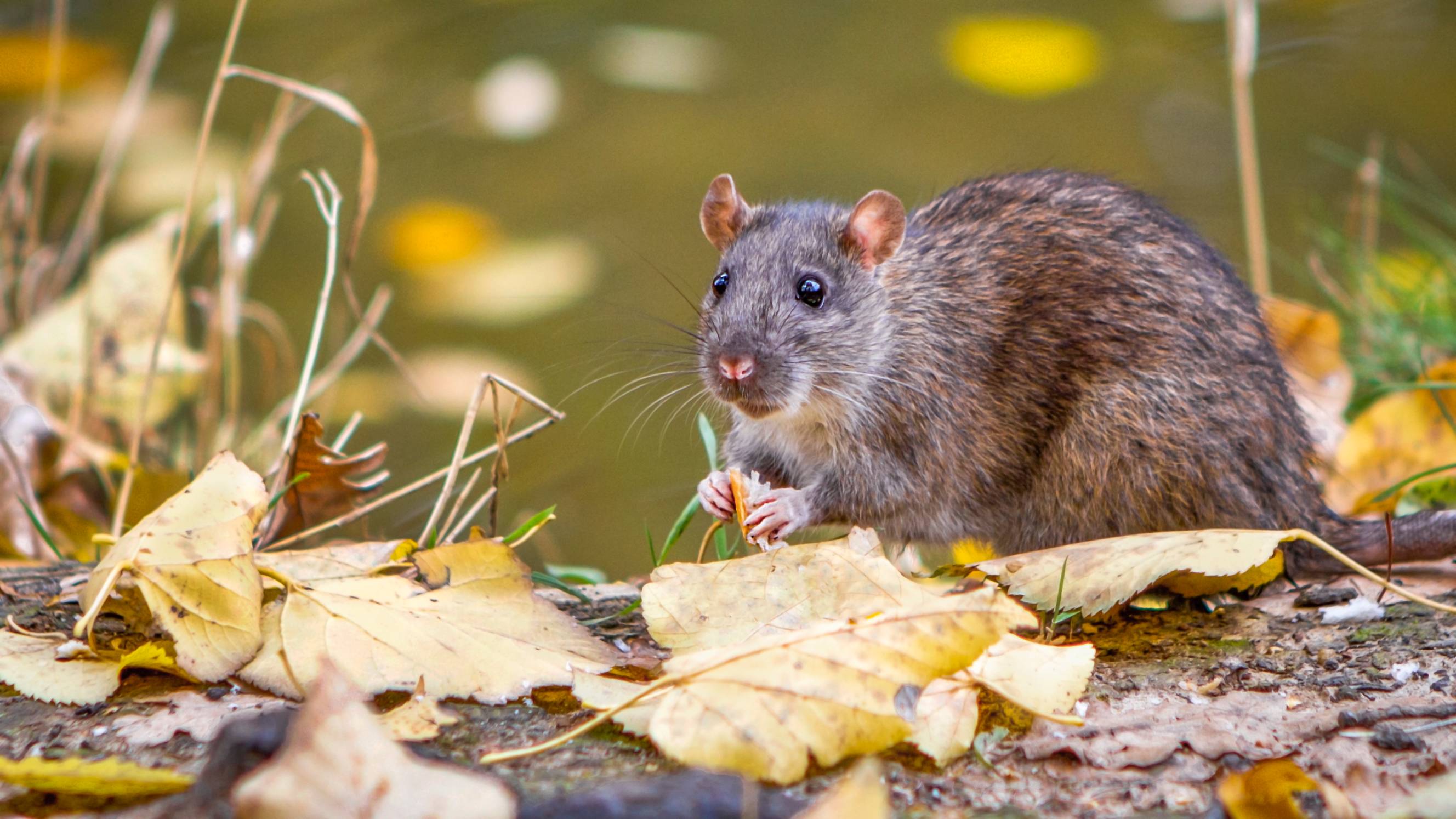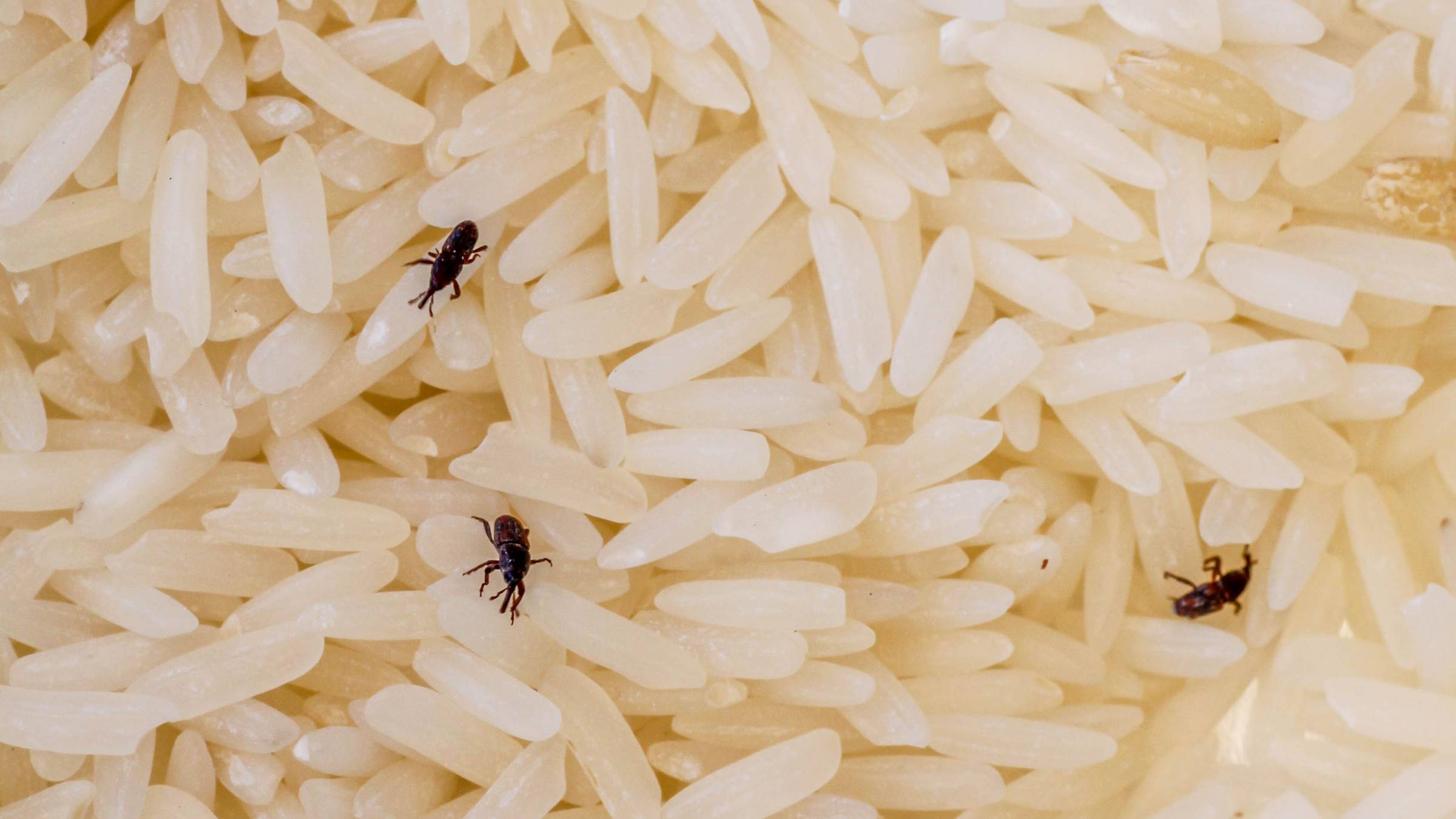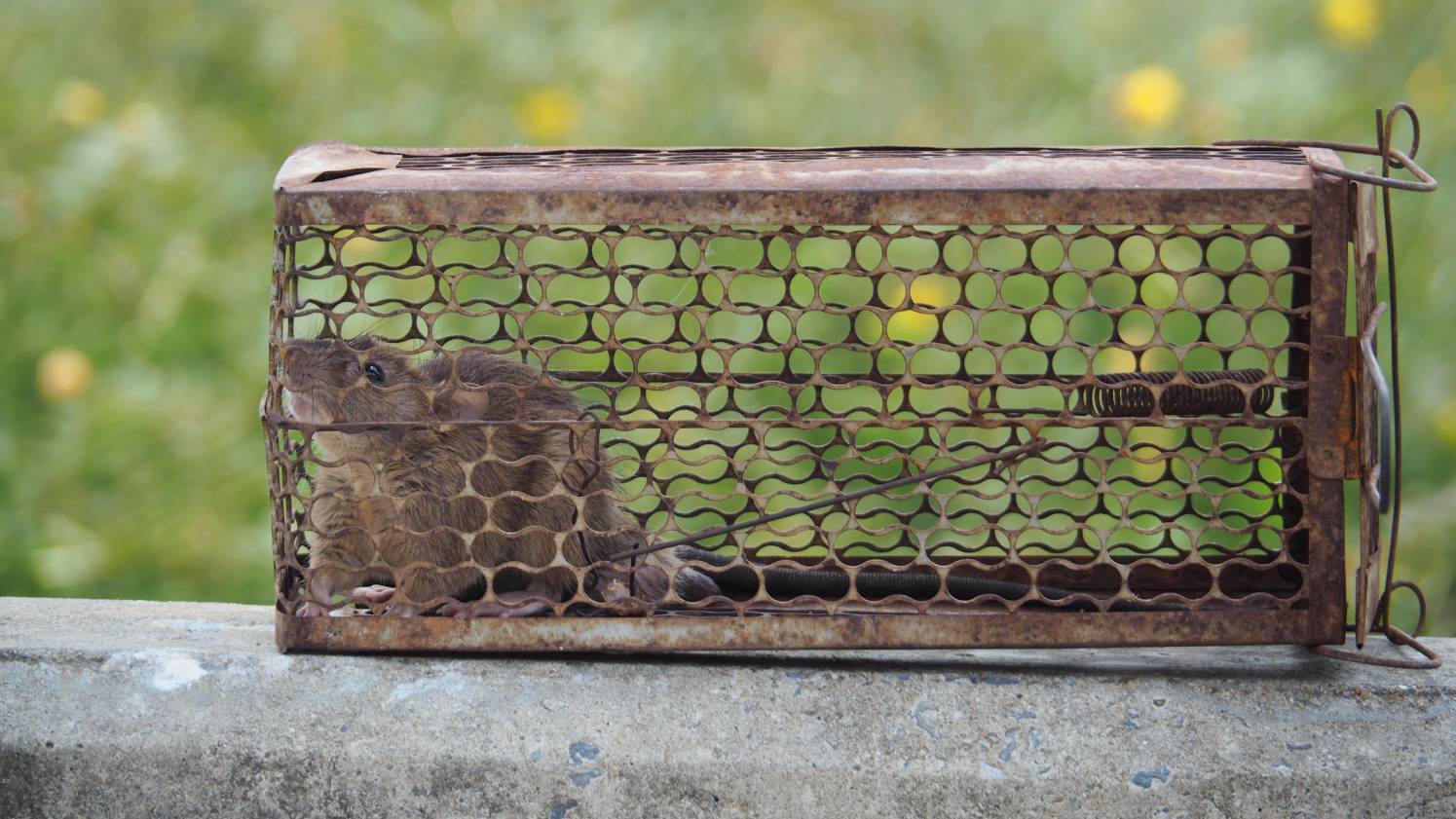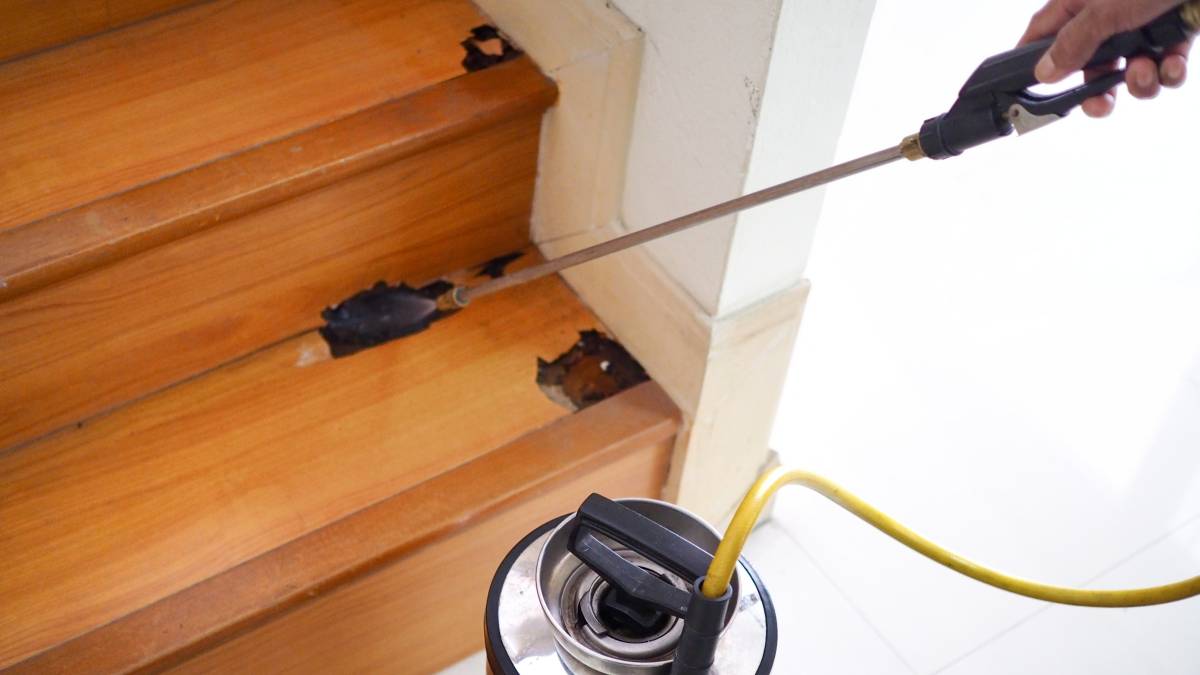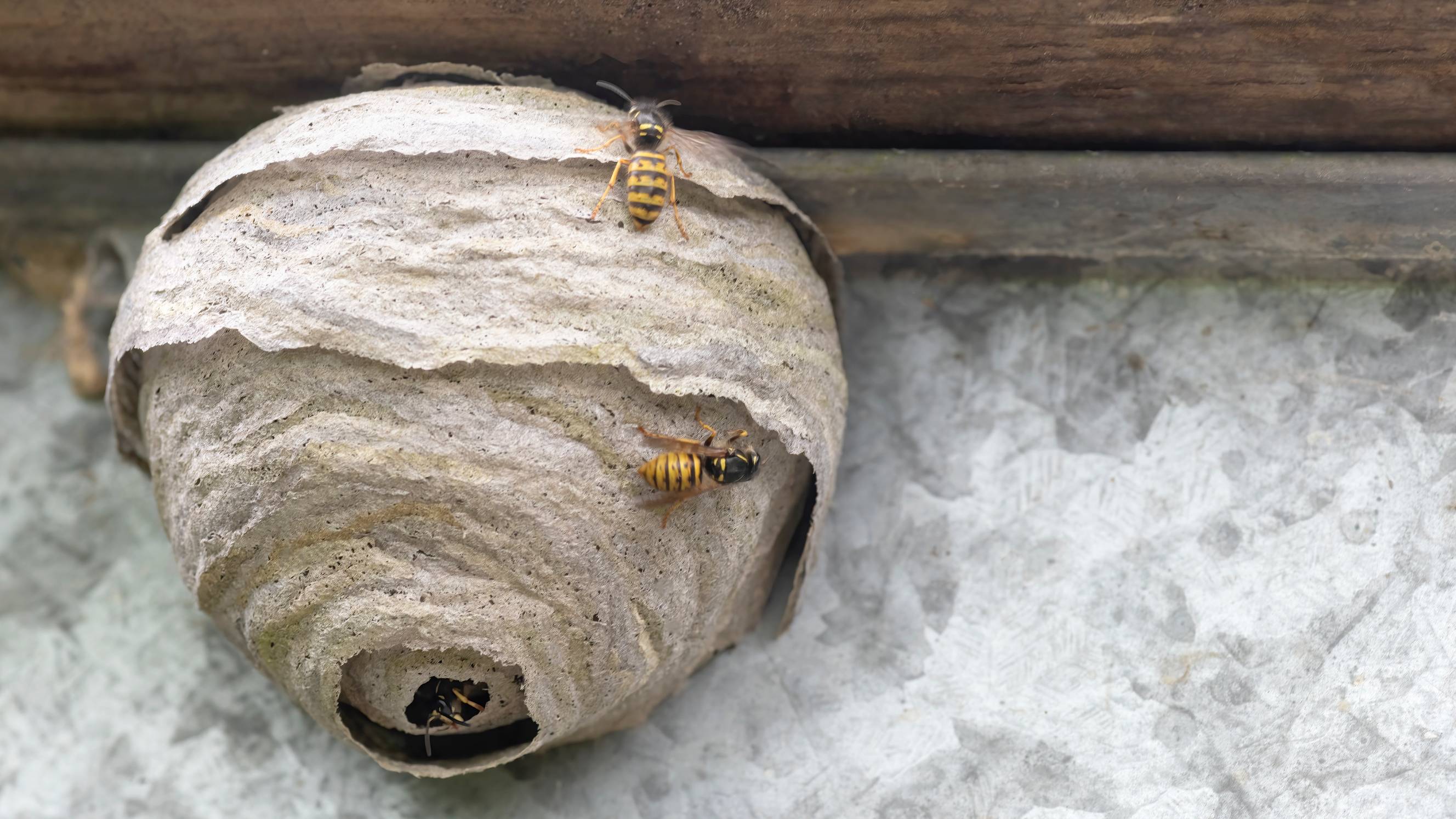- Home/
- Guides/
- Pest Control/
- Common Garden Pests and How to Prevent Them
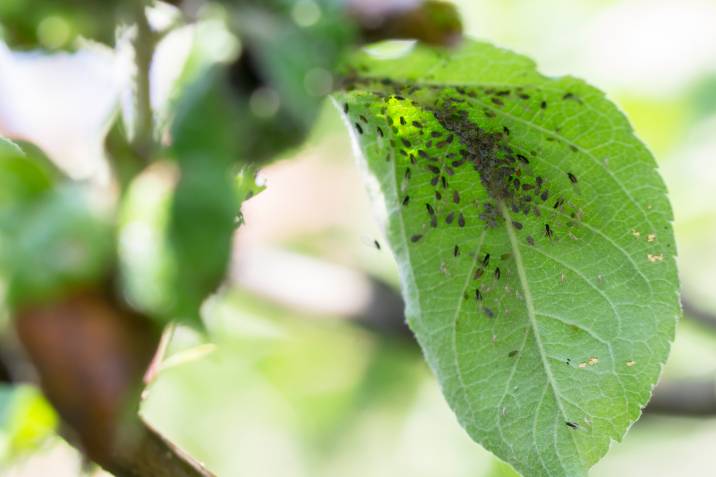
The most common garden pests and how to deal with them
Tips and tricks for keeping garden pests at bay
Find a pest controllerLast Updated on
Garden pests can wreak havoc on your flowers, foliage, and vegetables. From bugs that eat your leaves to disease-carrying vermin, we've listed the most common garden pests. We've also included tips on how to control garden pests and lessen their destruction.
1. Slugs
Both snails and slugs eat holes in pretty much everything, including leaves, stems, flowers, tubers and bulbs damaging the plants in a way that worsens over time.
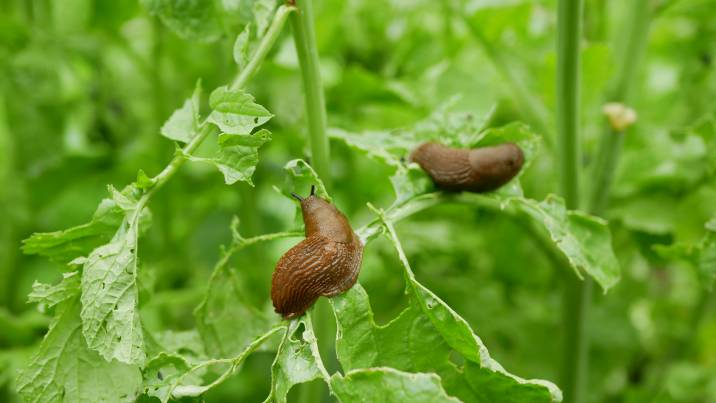
Seedlings are most at risk from a slug attack, especially during the spring months. If you are protecting vegetables and flower beds, you can use slug pellets to ward off slugs, or you can use serrated copper tape. This is a wire that emits a small electric shock, creating a line that the little slugs will not cross!
2. Aphids
Aphids are a category that includes green and black flies, which are roughly 5mm long, sometimes with wings and sometimes without. These slow-moving garden parasites love to feast on plant sap which can distort growth and create a sticky substance that grows mould.
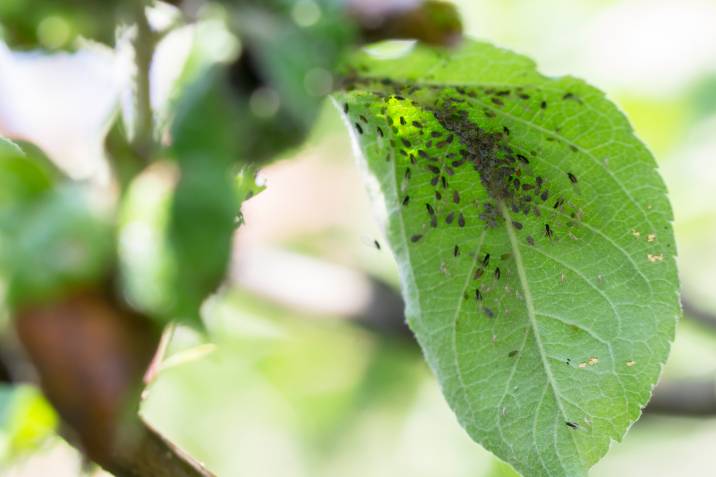
Aphids can also transmit plant viruses and create visible colonies in your plants, causing them to stop growing or curl their leaves as they weaken. To keep your aphis under control, try the following:
Wash your plants with strong sprays of water
Encourage aphid midges, lacewings, and lady beetles into your yard as they are all native predators
Cover your plants with floating row covers
Use hot pepper or garlic spray
Apply horticultural oil or insecticidal soap
☞ See also: How much does wasp nest removal cost?
3. Cabbage moth
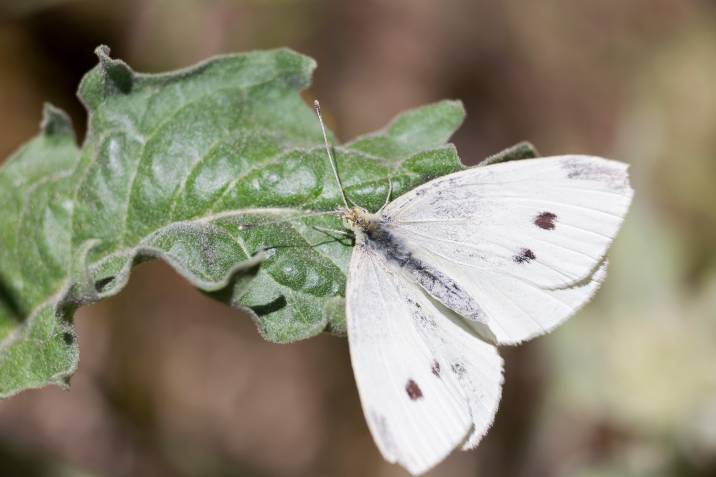
For those with a vegetable garden, the cabbage moth is a problem. However, the moth isn't the issue; It's the caterpillars that will ruin a veggie crop! Look for holes in leaves or dark green droppings and discolouration on your cauliflower and broccoli.
You can get rid of them through the following methods:
Handpicking
Attracting insect-eating birds
Planting dill, fennel coriander or basil which causes a smell that will drive them away
Use an organic insecticide (try to avoid chemical sprays)
4. Rats
Rats are categorised as vermin as they spread disease. They will usually set their nests beneath decking or in sheds. Rats can be kept out of your garden by making sure it stays clean and ensuring there are no food sources present.
Keep your lawn trimmed, and keep an eye out for nests if you begin to spot rats in your yard. Rats dislike peppermint, so you can soak cotton balls in peppermint oil and place them around the yard to help keep them out.
☞ See also: What are the average costs of pest control services?
5. European earwig
The European earwig feeds on organic matter, but they aren't always a bad thing. They can be beneficial as they feed on other pests, but things can get out of hand fast when they multiply, causing them to munch on your fruit and flowers.
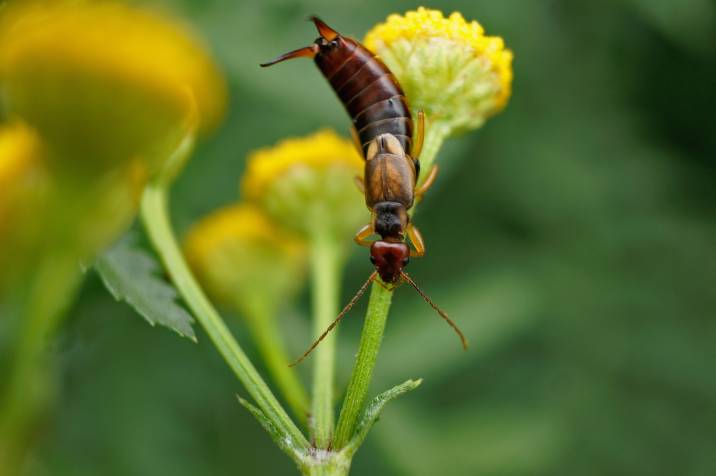
If you begin to see jagged holes in leaves or shredded leaf tips, the issue may be European earwigs. You can get rid of them by:
Putting dampened newspaper in a pot and then turning it upside down. (This will draw Earwigs into the pot.)
Use beer! Earwigs love a drink but die when they ingest it.
Attract them with Orange rinds
Spray with insecticide or lure them into a bucket or old ice cream container which can be disposed of.
6. Mealybugs
Roughly 4mm long and covered in a white waxy coating, mealybugs love fruit trees, ferns and orchids. You'll likely find them in a cluster and will need to catch them early to prevent significant damage to your trees.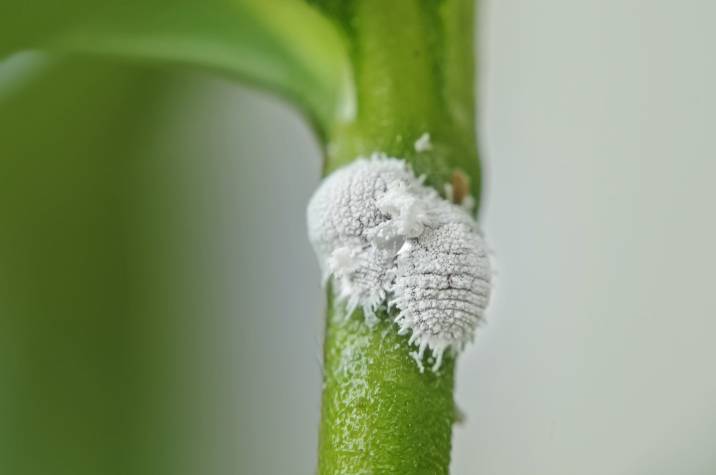
If you see leaf curling and yellowing or wilted plants with sticky foliage, you likely have a mealybugs problem.
Get rid of them organically by:
Blasting them off plants with water
Attracting ladybirds to the garden
Planting fennel, dill and bright flowers
Pruning your plants
Dabbing rubbing alcohol or methylated spirits over the bugs
Mixing garlic or chilli with water
Protect your garden from common garden pests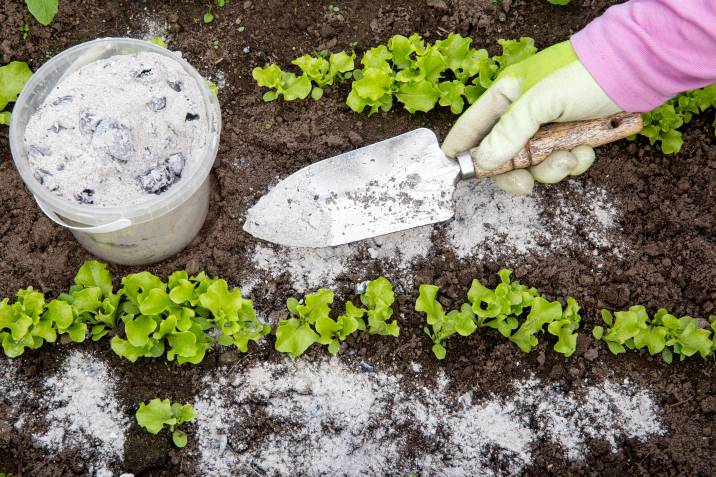
By identifying garden pests, you'll know how best to keep them away and ensure your garden stays healthy. You can book a garden pest control service if the situation calls for a professional. Maintaining your garden and getting rid of garden waste can also lower the chances of creating pest hideouts.
☞ Learn more: Gardening tips
FAQs on garden pests
In Australia, the most common pest is the slug, as they eat holes in pretty much everything in gardens. Seedlings are at the highest risk during the spring months, so we recommend setting slug pellets around the garden to keep these little critters at a distance.
Rats can be considered one of the worst garden pests as they not only eat your plants and vegetables but also spread disease. They love to set their nests beneath decking or in darker places like sheds. You should keep your garden clean and free of food sources to lower the risk of a rat infestation.
There are many different bugs that can infest a garden, eating away at your plant life. The most common are caterpillars, aphids, and slugs. Luckily, there are a few methods that will keep this to a minimum; You just have to be vigilant and keep an eye out for signs of chewing on leaves and fruit.
Find pest controllers, fast
Find a pest controller
Related articles
Related price guides
